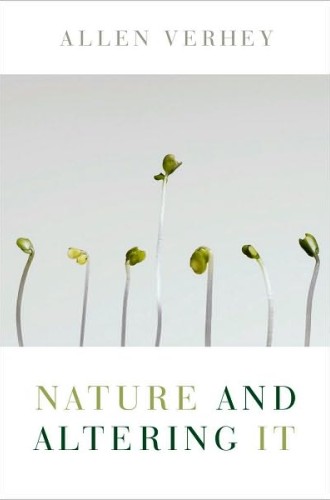Nature and Altering It, by Allen Verhey
The great naturalist John Muir once said that anything we can touch is "hitched to everything else in the Universe." He had many opportunities to reflect on this dictum as he hiked through the pristine wilderness of the High Sierra in the latter third of the 19th century. For him as for Thoreau, the natural world revealed as much of God's glory as any text of scripture.
It is incredible that Muir was able to arrive at this opinion, growing up as he did under the strict supervision of his Calvinist father. For the elder Muir, as for so many Puritans who preceded him, nature was little more than an obstacle standing in the way of the true worship of God, which is expressed as much through subduing the land as through hearing and responding to the testimony of scripture.
These two extremes have shaped American attitudes toward the natural world. On the one hand is the apotheosis of nature, a product of Romanticism, in which the unblemished world beyond civilization is seen as the best hope for human salvation. On the other hand is the nearly Manichaean vilification of this same realm: it is chaos, an obstacle to human progress and an affront to the Christian faith. Between these poles lie many attempts to define what continues to elude our grasp. It is little wonder that we now suffer from a surfeit of environmental embarrassments: we cannot love and respect—let alone save—that which remains perpetually ambiguous to us.






